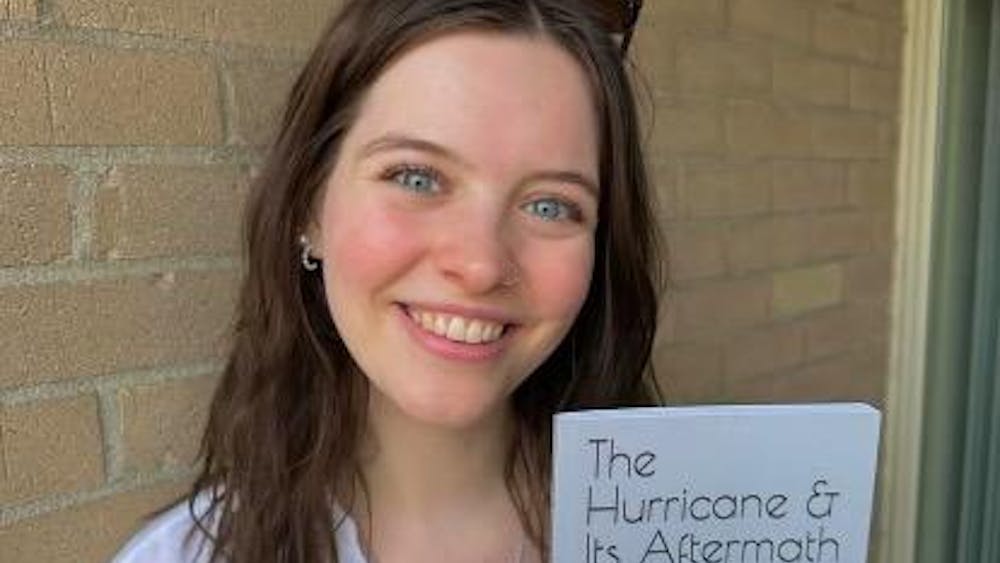Michigan is the best candidate to accept Iraqi and Syrian refugees, not because of its railroads and factories, forests and rivers, or even because of its system of government, but because of Michiganders themselves. Of the many chapters of the American immigration success story, two of its finest – Polish immigration in the early 20th Century and Lebanese immigration half a century later – were written in Michigan. Michigan may yet write a third.
The situation is this: Iraqis and Syrians are fleeing in the tens of thousands, and Michigan is in need of people. Michigan accepting these refugees would not only be generous but practical.
Within a generation of my Italian great-grandfather getting off the boat in New York, no one on that side of my family celebrated Italian Unification, King Victor Emanuel II, knew the lyrics to 'Santa Lucia' or 'Funiculì, Funiculà' or could speak more than a few words of Italian. The truth is that my Italian paesani are now as indistinguishable from other Americans as the Polish or Lebanese are from Michiganders.
When Italian-American John Turturro was cast as Lebanese-American Tony Shalhoub's brother in the USA Network series 'Monk', the duo struck me as completely believable. It wasn't that the Lebanese look Italian or vice versa; it was that the Lebanese and Italians both look American.
Economist and National Humanities Medal recipient Thomas Sowell explains in his 1996 work “Migrations and Cultures” that “[t]o one degree or another […] immigrants have […] tended to assimilate, first with compatriots from different parts of their country of origin, and later with members of the larger society around them in the country where they settled.” According to the Arab American Institute, Michigan has the largest population of Arab-Americans, second only to California. If Michigan decides to accept Iraqi and Syrian refugees, Michigan would not starting from scratch.
The U.S. Committee for Refugees and Immigrants (USCRI), a non-profit refugee aid organization, reported that of the more than 120,000 Chaldeans (Iraqi Christians) who made their way to Detroit almost half a century ago, more than half of them are now business-owners, now helping new Iraqi refugees get on their feet in their new state.
“Chaldeans have welcomed Iraqi refugees with open arms. Not only do they employ Iraqi refugees, they also provide charity work, transportation services, organize fundraisers, and donate space for USCRI to host workshops for refugees,” the USCRI says. They continue: “Iraqi refugees are quick to adapt and become independent. They are eager to enroll their children in school, get a driver’s license, learn English, transfer their degrees, and find work.”
America is replete with family reunification, immigrants who have already made it to the U.S. helping their family and friends still in the Old Country make the journey too. According to Ramah McKay of Migration Policy Institute, a D.C.-based nonprofit organization, family reunification accounts for roughly one-third of all legal immigration the U.S. each year.
The crisis in Iraq and Syria is known well enough. Hundreds of thousands are fleeing. And Michigan, a state that has welcomed Middle Eastern refugees before, ought to welcome these hundreds of thousands who are feeling the region today, and encourage one generation of Middle Eastern Michiganders in preparing the next.









